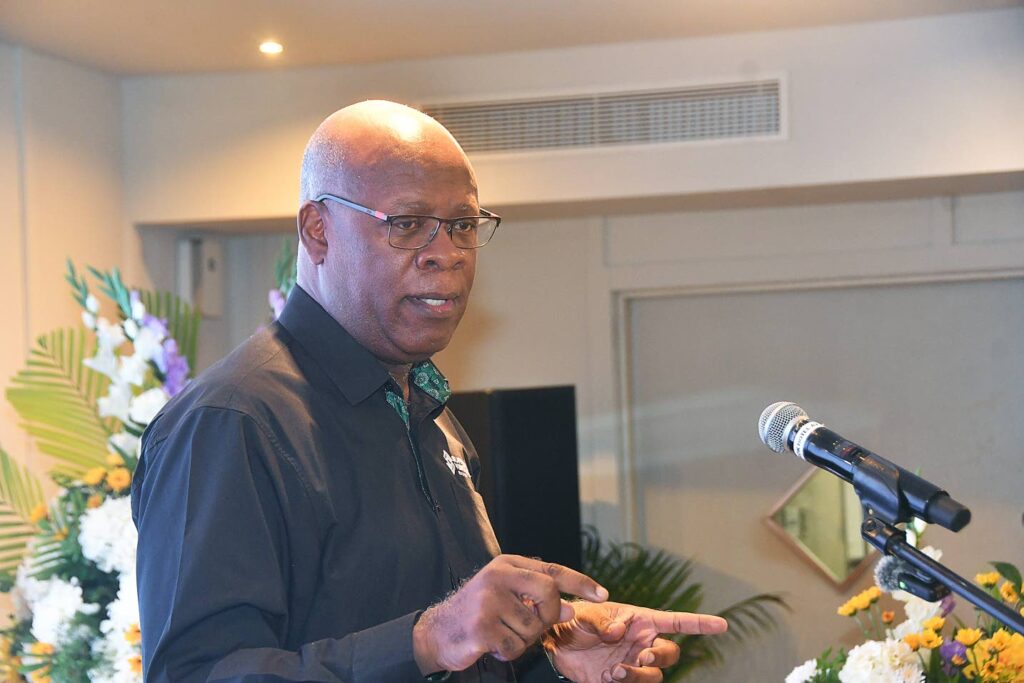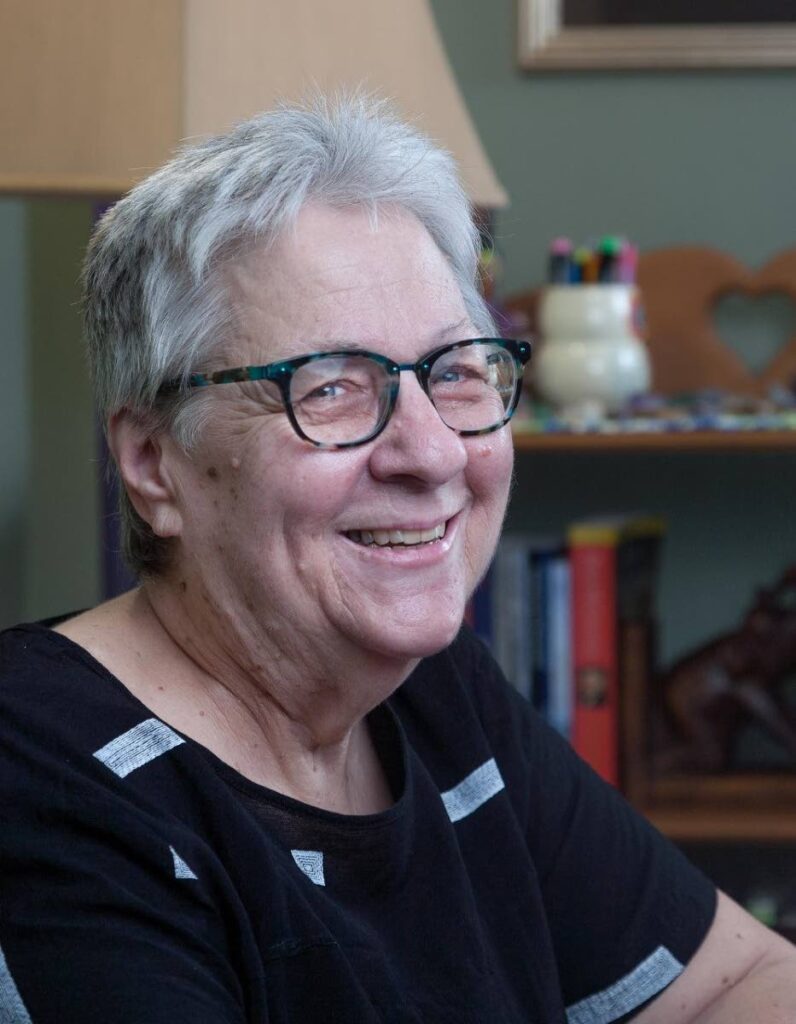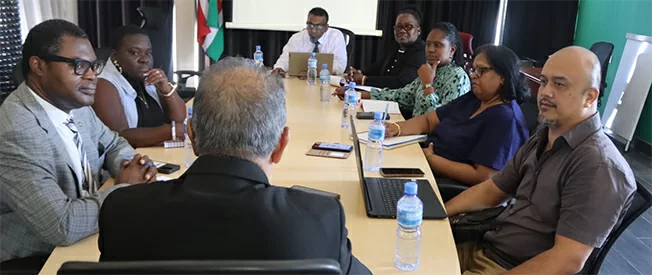In a poignant and deeply emotional address, philanthropist and Supreme Ventures Foundation Director Leighton McKnight expressed profound sorrow over the escalating violence against women and children in Jamaica. Speaking at the foundation’s Supreme Hero Finals held at ROK Hotel in Kingston, McKnight’s choice of black attire symbolized his mourning for the nation’s current state. ‘I’m in black today because I’m in mourning,’ he stated solemnly. ‘With what’s going on across our country, we need more and more heroes.’
McKnight highlighted recent tragedies that have shaken the nation, including the brutal murder of a teenage girl and the suicide of former Miss Universe Jamaica contestant Tyra Spaulding. ‘Just week before last, one of my mentees, Jada, was shot and killed in her home,’ he shared, his voice trembling with emotion. ‘The following week, Tyra Spaulding, another young lady I mentored, took her own life.’
Referencing recent headlines from Jamaican newspapers, McKnight lamented the normalization of violence in society. ‘Last week, a four-year-old was murdered in Linstead. This week, similar tragedies unfolded in central Kingston. Children are being murdered. We cannot continue like this,’ he declared.
Drawing parallels to Bob Andy’s 1970s reggae classic ‘Fire Burning,’ McKnight emphasized the urgent need for social reform. ‘The song is more relevant today than it was 50 years ago,’ he noted. ‘If we keep ignoring the needs of the less fortunate, they will rise up, and we will regret our inaction. Giving back is not just charity; it’s self-preservation.’
McKnight concluded with a call for national empathy, quoting George Benson’s ‘The Greatest Love of All.’ ‘I believe the children are our future. Treat them well, and let them lead the way,’ he urged. ‘Children are growing without love, and all they know is violence. It’s our responsibility to break this cycle.’
He challenged the audience and the nation to prioritize compassion over policing and material wealth. ‘Jamaica will not improve through better policing or solidarity alone. It will improve when we care for those in need. It’s going to get better because of those who care,’ he asserted.









